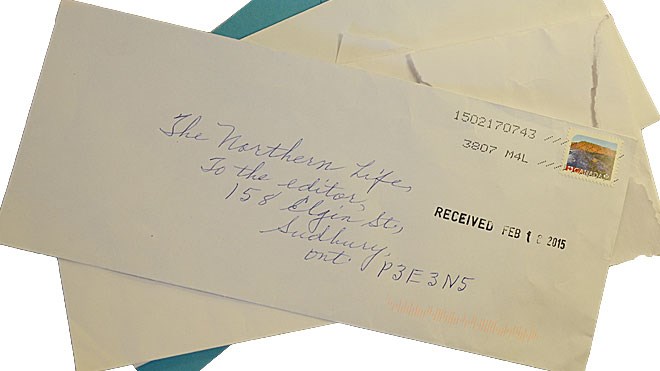Today was “anti-bullying day” at my child’s school. A day to wear pink to show your support against bullying. But what does this really mean to people? What is bullying? Most people have the image of the “mean” kid who picks on or teases the kids that are different or singled out for one reason or another.
Anti-bullying day is about wearing pink; a non-traditional colour that boys and girls wear in honour of those males who have “dared” to like pink; those who dare to show non-traditional likes/dislikes for things that are considered “feminine.”
First of all, why is pink a girl’s colour? When and how was this decided? Why is it “girly” to like the movie’s heroes, Elsa and Anna? Why is it not OK to love an excellent music score with talented, moving lyrics? (with issues I might add, that are relevant to all people, male and female).
I write this in honour of my five-year-old son who “used to” like pink; who sings the “Frozen” soundtrack around the house. I say “used to” because at 5, he already has experienced the disapproval of children in his class who tease him about the things he likes.
At five, he has already learned that if he wants to wear his favourite pink shirt, he can only wear it at home. How if he wants to rate which characters he likes the best (incidentally, princesses), that he can only share it with his family.
So today, when he proudly could wear pink, he didn’t. I tried to explain why he should. No matter what I said, he wouldn’t. I ask you, why?
Kids are mirrors of us, the greater society; of adults, parents, attitudes. It starts with all of us.
I ask you to challenge stereotypes as a defining feature of who or what someone is. Think of 50 years ago when a nurturing, helping out with “housework” father/man was considered “unmanly.”
Times have changed, thank goodness. Every time I see a dad who is the one who picks their kids up from school, or who gets them ready in the morning, (among many other things), I am hopeful of the future for these kids in how they are being shown love and nurturing from both parents; how they are learning roles that are not gender related.
But it doesn’t stop there. What do we say to our kids, without even meaning to, that fosters a sense of gender stereotypes?
As I end, I question whether I sign my name and inadvertently identify who this boy is. I debated this with my husband as I stated that I needed to stand behind my words.
But as he said, at whose cost? Would this single our son out to further unwanted attention? I take the position that if I sign anonymous, maybe people will think about all the other people this applies to, not just us. It’s not about our son; it’s about all the kids who are labelled unacceptably “different.”
I take a chance, even though I am scared for my son. Change has to start somewhere. I need to model for him not to be afraid for what is right and be proud of who he is. Let’s be active participants in these changes and be mindful of the future we want to create for our children.
Rita Belanger-Siemann
Sudbury
Join Sudbury.com+
- Messages
- Post a Listing
- Your Listings
- Your Profile
- Your Subscriptions
- Your Likes
- Your Business
- Support Local News
- Payment History
Sudbury.com+ members
Already a +member?
Not a +member?
Sign up for a Sudbury.com+ account for instant access to upcoming contests, local offers, auctions and so much more.
